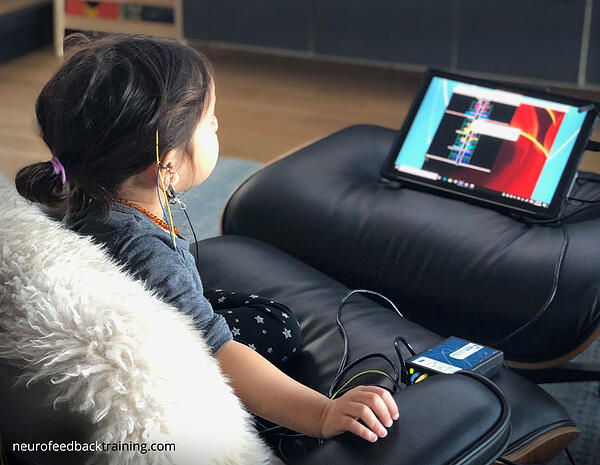Vol. 4 | January 2023
Neurofeedback for the education of children with ADHD and specific learning disorders: A Review
Neurofeedback for the education of children with ADHD and specific learning disorders: A Review

Posted by Staff on January 15, 2023
Authors
Deepa Madathil, Associate Professor, Jindal Institute of Behavioural Sciences, O.P. Jindal Global University, Haryana, India
Abhishek Uday Patil, Department of Biological Science and Technology, National Yang Ming Chiao Tung University, Hsinchu 300093, Taiwan
Yang-Tang Fan, Graduate Institute of Medicine, Yuan Ze University, Taoyuan 320315, Taiwan.
Ovid J. L. Tzeng, Department of Biological Science and Technology, National Yang Ming Chiao Tung University, Hsinchu, Taiwan; Centre for Intelligent Drug Systems and Smart Bio-Devices (IDS2B), National Yang Ming Chiao Tung University, Hsinchu 300093, Taiwan; College of Humanities and Social Sciences, Taipei Medical University, Taipei 106339, Taiwan; Department of Educational Psychology and Counseling, National Taiwan Normal University, Taipei 106308, Taiwan; Hong Kong Institute for Advanced Studies, City University of Hong Kong, Hong Kong
Chih-Mao Huang, Department of Biological Science and Technology, National Yang Ming Chiao Tung University, Hsinchu, Taiwan; Graduate Institute of Medicine, Yuan Ze University, Taoyuan, Taiwan.
Hsu-Wen Huang, Department of Linguistics and Translation, City University of Hong Kong, Hong Kong
Summary
Neurofeedback (NF) is a type of biofeedback in which an individual’s brain activity is measured and presented to them to support self-regulation of ongoing brain oscillations and achieve specific behavioral and neurophysiological outcomes.
NF training induces changes in neurophysiological circuits that are associated with behavioral changes. Recent evidence suggests that the NF technique can be used to train electrical brain activity and facilitate learning among children with learning disorders.
Toward this aim, this review first presents a generalized model for NF systems, and then studies involving NF training for children with disorders such as dyslexia, attention-deficit/hyperactivity disorder (ADHD), and other specific learning disorders such as dyscalculia and dysgraphia are reviewed.
The discussion elaborates on the potential for translational applications of NF in educational and learning settings with details. This review also addresses some issues concerning the role of NF in education, and it concludes with some solutions and future directions. In order to provide the best learning environment for children with ADHD and other learning disorders, it is critical to better understand the role of NF in educational settings.
The review provides the potential challenges of the current systems to aid in highlighting the issues undermining the efficacy of current systems and identifying solutions to address them. The review focuses on the use of NF technology in education for the development of adaptive teaching methods and the best learning environment for children with learning disabilities.
To read the full article, please click here.
